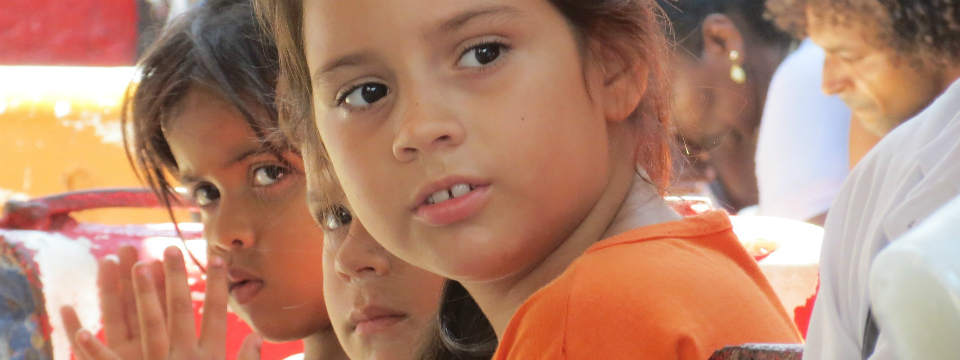Latino children who suffer from undiagnosed mental health problems benefit from mentoring programs
Montanez, E., Berger-Jenkins, E., Rodriguez, J., McCord, M., & Meyer, D. (2015). Turn 2 Us: Outcomes of an urban elementary school-based mental health promotion and prevention program serving ethnic minority youths. Children & Schools, 37(2), 100-107. doi: http://dx.doi.org/cs/cdv004 Summarized by Jessica Cunningham, B.A., Lab Manager, Center for Evidence-Based Mentoring Introduction: Many of us know a child who […]










